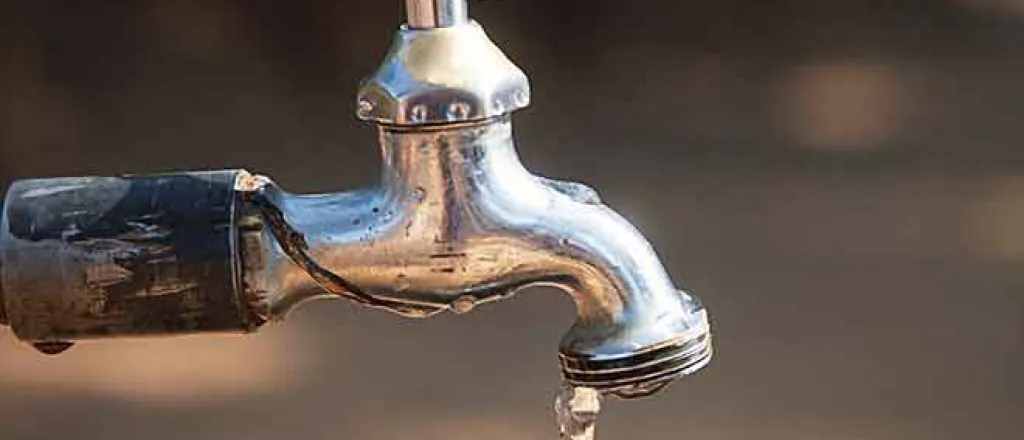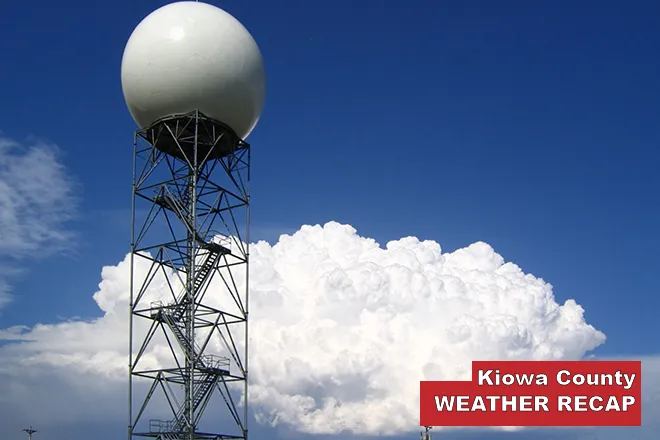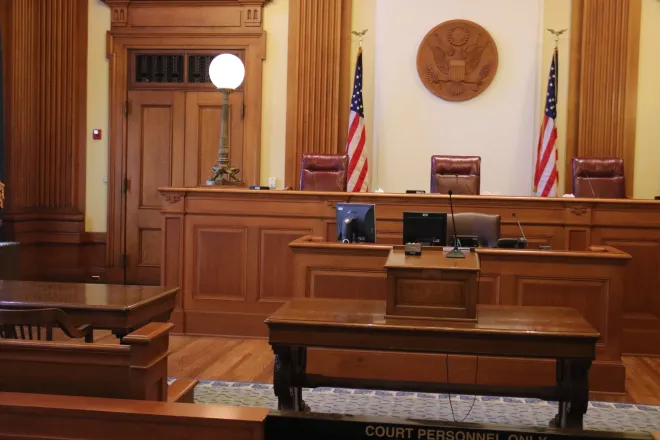
Eads residents encouraged to begin conserving water to avoid summer restrictions
Van Brown, Director of Public Works for the Town of Eads, said Wednesday that he encourages people on the municipal water system to take steps now to use water reasonably, and conserve when possible.
The town’s water allocation has been reduced by 50 percent for the year under the terms of the 1948 Colorado-Kansas Arkansas River Compact.
While the town’s wells have maintained consistent levels for decades and show no signs of running dry, the reduced allocation could mean the community could face limits on the amount of water which could be made available.
To overcome the challenge, efforts are underway to lease an additional 11 water shares to complement the 11 shares currently owned by the town. Similar leases have been successfully executed in the past.
According to the most recent update from the National Drought Mitigation Center released May 5, all Kiowa County is currently in category D2 – severe drought. So far in May, Eads has received 0.81 inches of rain, ahead of the 0.45 inches for the month in 2021. For the year, the town has received 5.25 inches as compared to 3.69 inches in the prior year.
While precipitation totals have improved in 2022, drought conditions are expected to persist, and high fire danger has been a constant threat since early April. The National Weather Service has issued numerous red flag warnings southeast Colorado over the past six weeks, and mid-April fires scorched thousands of acres across Kiowa, Prowers, Bent and Otero counties.
Surrounding counties are also in at least severe drought, with about half of Prowers County in extreme conditions. Southeast Baca County has already reached exceptional drought, the worst category.
Eads developed a three-tier water conservation plan in 2003 under conditions set by grant funding to undertake a major upgrade to the town’s water distribution system, though the plan has never been implemented according to Brown.
Brown encourages residents to limit yard irrigation to evening or overnight hours to minimize the loss of water to evaporation during the heat of the day.
When upgrading landscaping, keep in mind that native plant species are more tolerant of drought conditions and should be considered as alternatives to plants requiring more intensive irrigation.
Additional ways to reduce water use include repairing leaky pipes, faucets, and toilets quickly. Even a seemingly small leak or drip can waste hundreds of gallons of water per month.
The Arkansas River Compact was ratified by both states and approved by the United States Congress in 1949 to settle disputes between Colorado and Kansas and apportion water between the two states. The compact is overseen by the Arkansas River Compact Administration.

















